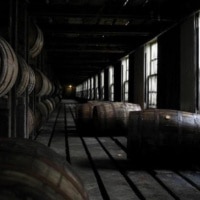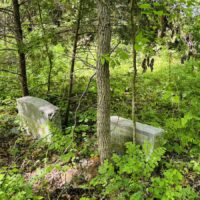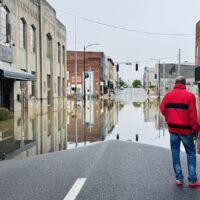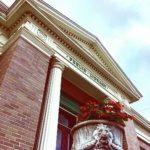This is the final installment in a four-part Black History Month series. This week’s feature is about Claybron Merriweather, a painter and poet who was also one of Hopkinsville’s earliest Black lawyers.
A book of poems and essays published in 1931 by one of Hopkinsville’s earliest Black lawyers recently caught my attention on eBay. Typically there are dozens of items related to Hopkinsville offered for sale on the internet auction site. This being Black History Month, I was motivated to pay $15 for a copy of “The Pleasures of Life, Lyrics of the Lowly, Essays and Other Poems,” by Claybron Merriweather.
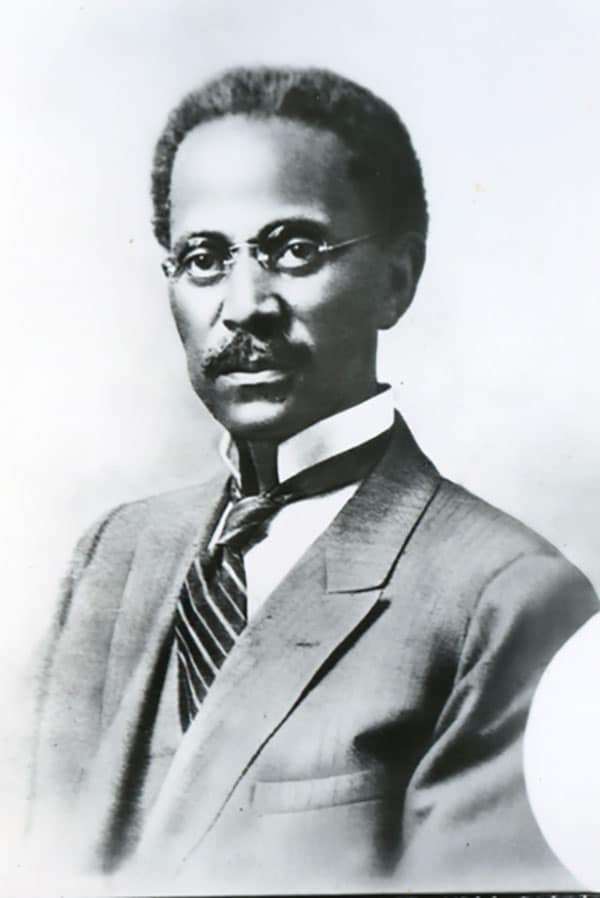
The title suggests I wouldn’t normally be interested in a book like this one, but I am curious about Merriweather and the singular life he pursued as a Black professional and artist in Hopkinsville during the first half of the 20th century. And since copies of another book by Merriweather, “Goober Peas,” were priced at nearly $200 apiece on eBay, I decided “The Pleasures of Life” was a bargain.
Born in Christian County on May 7, 1869, to parents who had been slaves, Merriweather spent his childhood in “extreme poverty,” according to a biography on Notable Kentucky African Americans.
After the state of Kentucky created public schools for Black students in 1874, Merriweather was among the first students in those classrooms. He also worked as a farm laborer before moving to Earlington in Hopkins County, where he shined shoes in his brother’s barber shop.
Around the age of 20, Merriweather enrolled in a Louisville college established by the Black Baptist churches in the state. Known simply as State University, it later became Simmons College of Kentucky and still operates as one of the remaining historically Black colleges in the United States.
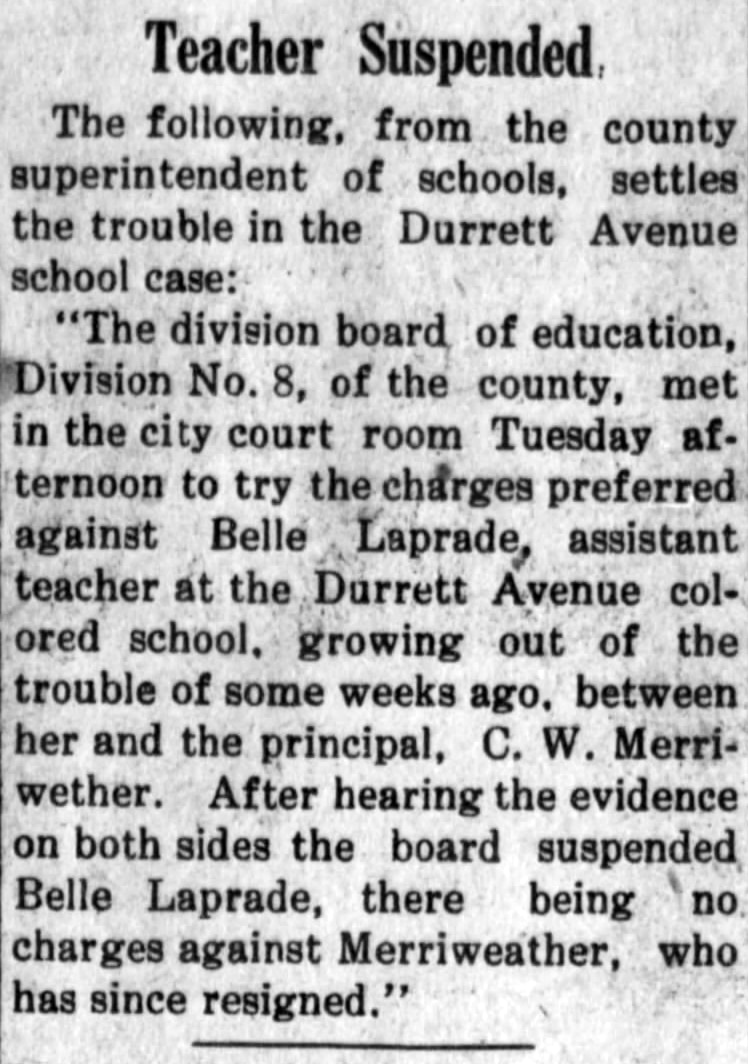
Merriweather published his first book, “Light and Shadows,” in 1907. His sixth and final book, “Goober Peas,” came out in 1932.
Merriweather taught and studied the law. A newspaper clipping that Alissa Keller, executive director of the Museums of Historic Hopkinsville-Christian County, shared with me includes a December 1912 report that mentions Merriweather as principal of Durrett Avenue School. In every Census from 1910 through 1950, Merriweather was identified as a lawyer. He had an office on Sixth Street in the Peter Postell Building that was destroyed by a fire in July 2016.
Keller noted that Merriweather married his second wife, Rosa Morgan, in 1907, and she later taught at Attucks High School. The Merriweathers did not have children. City directories and the census records list them as residents of 1103 Coleman St. There is little known about his first wife.
Merriweather also founded two newspapers — Paducah Bee and Hopkinsville New Age — around the turn of the century.
He was a member of Freeman Chapel CME Church and the Masonic King Lodge that met in Friendship Hall on Second Street. He served as secretary of the Local Negro Business League, according to Keller’s research.
While he was a prolific writer of essays and poetry, Merriweather might have been more widely respected for his oil and watercolor paintings and charcoal drawings. He was self-taught, and his art earned prizes at the state fair and was shown in several cities, including Louisville, Chicago and Boston. Unfortunately, images of his art are not as easily found today as are copies of his books.
Much of Merriweather’s poetry was written in Black dialect — and despite his heritage and early poverty, his themes did not address difficulties that African Americans faced.
In the fall of 1943, the Kentucky New Era and the Lexington Herald published the following poem by Merriweather:
The Derby
We have sung of “Old Kentucky”
and the laurels she has won,
Of the greatness of her statesmen
and the deeds that they have done,
How they fought with every issue
which involved her native state,
How they thrilled the nation’s congress
as they challenged even fate;
But their eloquence and brilliance,
unsurpassed, as all must say,
Cannot stand beside the glamour
that is hers on Derby Day.
It is here in “Old Kentucky:
that we love the “sport of kings,”
Where the speed of every pony
is akin to eagle’s wings,
Where the people delve and dig up
every dollar they are worth,
When it comes to backing starters
in the greatest show on earth;
Where we split our throats in yelling,
even throw our hats away,
When the winner of the event
crowns the glory of the day.
When the tumult and excitement,
at the last, come to an end,
When the victors and the vanquished
have begun a homeward trend.
And the crowds begin to value
human judgment, more or less,
And, according to the record
find it all was but a guess,
There is one conviction truly
everyone will take away;
That the greatest of her events
is Kentucky’s Derby Day.
Merriweather died on Feb. 16, 1952, at Brooks Memorial Hospital in Hopkinsville. He was 82. He is buried at Cave Springs Cemetery.
Jennifer P. Brown is co-founder, publisher and editor of Hoptown Chronicle. You can reach her at editor@hoptownchronicle.org. Brown was a reporter and editor at the Kentucky New Era, where she worked for 30 years. She is a co-chair of the national advisory board to the Institute for Rural Journalism and Community Issues, governing board past president for the Kentucky Historical Society, and co-founder of the Kentucky Open Government Coalition. She serves on the Hopkinsville History Foundation's board.
